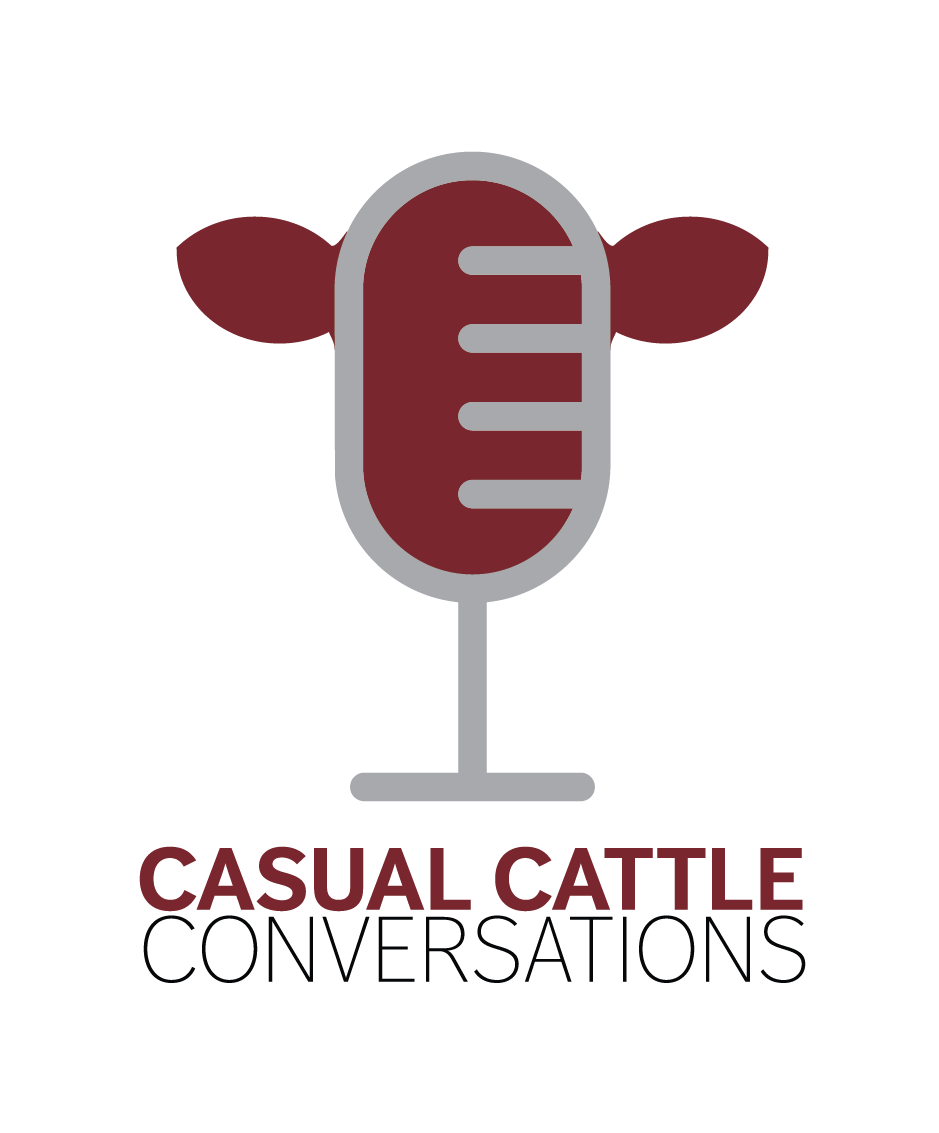Establishing Equal Pricing for Red Angus Cattle
In the past decade, Red Angus registrations have increased by more than 24%. There are many reasons producers are choosing Red Angus females and bulls, whether it’s for their environmental resilience, docility, or a combination of terminal and maternal qualities. These cattle are good mothers who produce high-quality feeder cattle, which the industry recognizes. Yet, ranchers across the country still notice price differences between red-hided and black-hided cattle. Despite these price differences, there are messages of optimism and progress toward an industry that values carcass quality over hide color in the years to come, which all cattle producers should pay attention to.
Kelly Smith, director of commercial marketing at the Red Angus Association of America (RAAA), and Taylor Ohlde, commercial marketing specialist at the RAAA, joined the *Casual Cattle Conversations* podcast to discuss the progress being made and opportunities for cattle producers to gain recognition for raising high-quality Red Angus cattle.
Angus genetics began increasing in popularity as more branded beef programs entered the market. Marketing efforts by these brands have created a positive impact for many producers with black-hided cattle, but where do Red Angus cattle fit into Angus beef programs?
“We’ve been very adamant about the fact that Red Angus are Angus. We’ve established that, and even the USDA agrees it’s true. When you pull the hide back, it’s all Angus beef. The packers will even tell you that,” Smith said. Establishing that Red Angus are Angus was the first step the RAAA and industry took toward pricing based on genetic merit rather than hide color.
Establishing equal pricing for red cattle starts with finished cattle and is expected to extend to ranchers selling feeders, females, and bulls.
“From the Big Four to small and moderate-sized packers, they are packing Certified Angus Beef (CAB) but want to include Red Angus. When we started working with them, they just weren’t sure how to do so. We now help packers with their USDA paperwork, G schedules, and other parts of the process to include Red Angus in their Angus brands,” Smith said. The Angus brands that accept Red Angus are not CAB but are nearly identical programs.
Sustainable Beef LLC is an example of these efforts coming to fruition. Located in North Platte, Nebraska, this packing plant is projected to start harvesting cattle in April 2025. Its grid will pay equally for Red Angus and Angus cattle. Additionally, it doesn’t plan to package CAB products.
“We see this as the first domino to fall in the beef industry, with more to come,” Smith said. Sustainable Beef will be a progressive packer, operating as an EID-only plant, sharing carcass data with producers, and including a sustainability survey for each producer to fill out. The plant aims to share the full story of beef production with consumers.
The relationships forming and changes to come are exciting, but what can ranchers do today to access these opportunities? Tag programs, such as the Feeder Calf Certification Program, offer one option that opens up marketing doors. Tag programs provide age and source verification, which is valuable to all segments of the supply chain and helps the right people find the right cattle.
“We can’t help you if we don’t know that your calves are out there,” Ohlde said. As a commercial marketing specialist, Ohlde connects ranchers to feedlots and feedlots to packers so the right cattle end up with the right buyers. Knowing where high-quality red calves come from and where they are fed is crucial to establishing fair pricing.
“One of our greatest challenges is knowing where these red calves go once you sell them off the ranch, on the video auction, or through the livestock market. We have packers who would like to run 500 to 1,000 head of red cattle per week as test groups, but it is a challenge for us to supply those cattle in an even stream,” Smith said.
Ranchers who raise Red Angus or Red Angus-influenced cattle can connect with the association or their seedstock supplier to learn more about available marketing opportunities.
The beef industry is turning over a new leaf, and producers of all breeds should be excited about the new opportunities on the horizon.
“It is a matter of us continuing to develop these pathways and getting the right cattle to the right place at the right time,” Smith said. Remember to take advantage of the opportunities available today, so you have access to those available tomorrow. Learn more about these opportunities at https://redangus.org/

